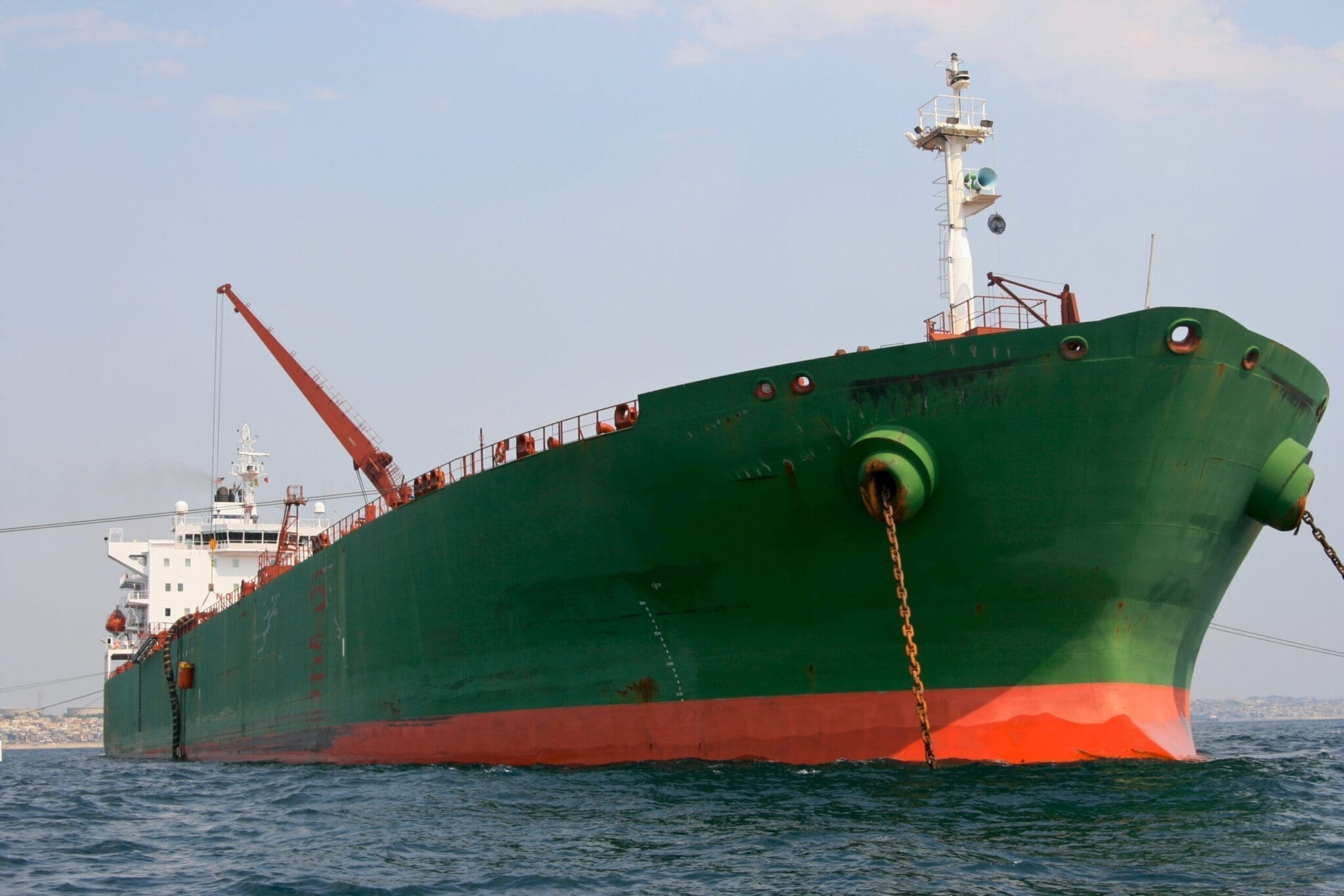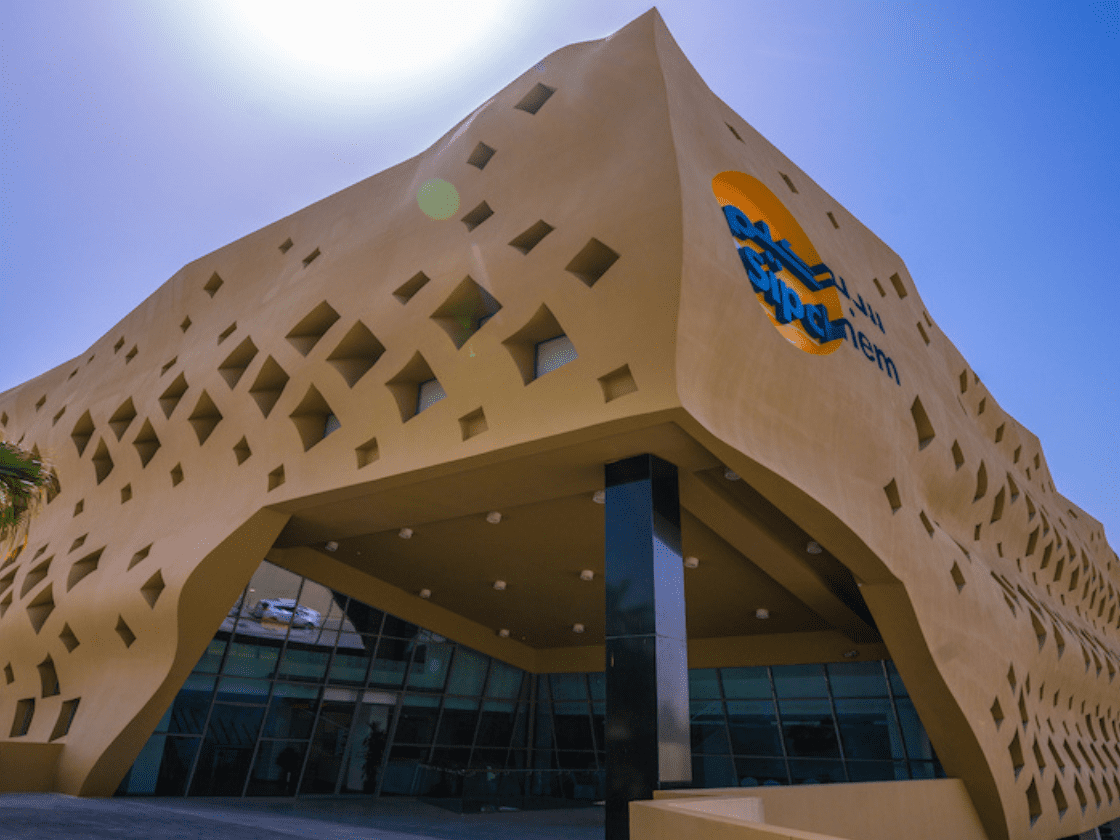By Malcolm Wilson, Head of Sector – Natural Resources.
Last year marks 20 years since the creation of Achilles FPAL, our supply chain community for organisations supporting the European oil and gas sector. Two decades ago, we never could have imagined how technological improvements would impact us, and neither were we prepared for some of the more challenging times our industry has experienced – and yet we’re still standing firm.
To reflect on this milestone, I wanted to share my insight into how the sector has changed over that period, and where I expect the oil and gas industry to go in the future.
UK oil and gas sector 20 years ago
The oil and gas sector has changed a great deal over the last 20 years, since the founding of Achilles FPAL in 1997. The industry at that time was dominated by big-name players such as BP and Shell, who oversaw the operations of the big fields in the UK Continental Shelf (UKCS).
Since then, we’ve seen some fragmentation as they’ve sold off assets, with newcomers coming into the market as new-start operators, thus changing the shape of the industry.
It is reassuring that after all these years many of the original founding members of Achilles FPAL like BP, Shell and Total are still a key part of the community. In more recent times, they have been joined by a selection of others such as Chrysaor, Cuadrilla and PD&MS, with almost 80 buying organisations now part of our community.
Recent challenges
More recently, we’ve seen a really difficult period for oil and gas organisations due to the huge fall in oil prices. At the beginning of 2016, the price of a barrel fell from around $110 to under $30, creating an extremely challenging landscape for suppliers, operators and contractors alike as prices continue to fluctuate.
This situation has now partially recovered, with current barrel prices now in the $70 to $80 range. But we have since seen a marked reduction in the number of suppliers registered with Achilles FPAL. There are several factors at play behind this drop, including companies going bankrupt and fewer contract opportunities being advertised, but also suppliers merging with or acquiring their competitors to make the industry work better for them. The focus of the operators on cost-reduction is now a permanent feature of the UKCS if it is to be sustainable for the next 30 years.
Health and safety also plays an important role as we reflect on the 30-year anniversary of the tragic Piper Alpha disaster, where 167 oil rig workers tragically lost their lives in the gas explosion. Operators must avoid complacency and there are special challenges posed by aging infrastructure with a possible reluctance to make the required long-term investment in safety-critical work. The competency of contractors is a key concern as statistically, this is where most accidents occur. This creates a compelling case for effective supplier auditing and assurance.
What is the current situation?
Despite the challenges of the past few years, I believe that Achilles FPAL and the wider industry has great potential to make the UKCS a place that can employ not only my daughter but also my granddaughter in 20 years’ time; it has a great future.
I’m beginning to see conditions returning to stability, with the oil price now allowing operators to become profitable and so feeding contract opportunities down the supply chain.
Shell and BP have both reaffirmed their commitment to the North Sea with BP seeking to double North Sea production, while Shell is making a large investment in the Penguins field. Newer entrants to the North sea include big players like Equinor with its exciting Mariner Field and Chrysaor that is breathing new life into £3.8billions worth of former Shell assets.
Looking to the future
While it’s great to see that things are picking up in the sector, I do think the recent challenges have changed it significantly. Of course, there have been other price fluctuations throughout the past 20 years, but the effects of the latest downturn are going to be much longer-lasting. It’s led to a low-cost attitude being introduced across the industry and I don’t think we’re ever going to return to the boom days we’ve seen in the past – this is a real tipping point in the sector.
In the past, there has often been a tendency to get oil and gas out of the ground as quickly as possible to ensure projects are generating money as soon as they can, regardless of the cost of drilling rates and labour. Strong barrel prices meant this was possible for a long time. In the future, however, I believe closer attention will need to be paid to cost. Safety, quality and training standards will need to remain high, despite oil prices being much lower, so a more measured approach will have to be adopted. Especially as our aging workforce will see 80,000 workers retire or leave the sector by 2035 and the creation of 40,000 new jobs to be created as a recent study suggests.
In addition, transparency is set to be a continuing focus, along with running supply chains in an ethical manner. Buyers don’t want to have to go back to the days of the ‘black book’ with a list of their favourite suppliers. Instead, they want to embrace an open market and work with innovative, forward-thinking suppliers, which they can find with Achilles FPAL.
Technology is more important now than it was 20 years ago. We are continuing to help new suppliers enter the market and we’ll carry on adapting to meet the demands of our customers. Changes that we’ve made to Achilles FPAL in recent years include adding information on the Modern Slavery Act 2015, and on anti-bribery and corruption policies, which are now more of a significant concern due to compliance requirements.
We’ve also changed the scope of our audits to include factors such as competence, making them more relevant to the requirements our customers. Safety remains a key focus and Achilles has successfully piloted audits aligned to the new IOGP-423 guidelines for contractors working together in a contract environment; this service will be rolled out to buyers during the coming months
Achilles FPAL
Achilles FPAL continues to be managed by an elected steering committee representing buyers, suppliers and leading trade bodies. They manage changes in the community, approving them and keeping the platform relevant. The steering committee plays a strong role in providing clear guidance through the next decade as the community strives to meet the changing requirements of our buyers and suppliers.
Overall, I think we’re set to see a steady recovery in the industry with Achilles FPAL playing a key part in this – we’re certainly fit for the next 20 years, there’s no doubt about that.
Visit the Achilles FPAL community page to learn more.



